
News writer
These days, there's a lot of talk about Artificial Intelligence (A.I.). It seems to be just about everywhere, but what exactly is it? How does it work? More importantly, can you use it to help you win the lottery?
Is it possible that A.I. algorithms could accurately predict a set of winning numbers, or if not, then can it at least increase your odds of winning the lottery? Let's take a look at the answers to all these questions.
What is A.I.?
A.I. is the computer simulation of the processes involved in human intelligence. A.I. technology has made a huge impact on people's daily lives and will continue to do so in the future. There are three general functions of A.I.:
- Machine Learning (ML): The most commonly used A.I. function, machine learning uses statistical models, data patterns, and algorithms to learn and adapt without following explicit instructions.
- Natural Language Processing (NLP): This function allows computers and machines to understand and respond to voice data.
- Robotics: The technology of robotics involves the use of machines that can perform tasks independently.
A.I. uses algorithms and neural networks to draw out patterns and develop insights from massive amounts of data. In this way it mimics the way the human brain processes information but on a much broader and faster level.
How we already use A.I. on a daily basis
These days, A.I. is everywhere. You probably use it multiple times each day without even realizing it. For example, you use A.I. each time you:
- Log into your smartphone with facial recognition
- Check your social media accounts
- Send an SMS or email
- Use a search engine like Google
- Use smart devices at home
- Use your GPS to get directions
- Use streaming movie and T.V. services
- Do your banking online
- Use a digital voice assistant such as Alexa or Siri
How A.I. is transforming the lottery industry
The powers of A.I. are clear and far-reaching. Many believe that it has the potential to transform many industries. It looks like the lottery industry is one of them. There are several possible benefits of utilizing A.I. and advanced algorithms. These are:
- Improving gameplay: A.I. lottery software has the capability to analyze vast amounts of information, such as ticket sales, demographics, and winning patterns, making lotteries fair and safe. This information could help the lottery industry develop new games and new ways of playing that will be attractive to a large number of players.
- Reducing error: Because A.I. software can improve automation and simplify lottery practices, it can eliminate human error while speeding up the process. It can also provide sophisticated ways of detecting and preventing fraudulent activities, ensuring that lottery games and draws are secure and transparent.
- Reducing operation costs: A.I. could play a major role in increasing efficiency, particularly with online lottery games, which are becoming increasingly popular. Automating ticket sales, prize distribution, and payout are just some of the ways A.I. could reduce the need for human intervention and reduce the cost of operations.
- Enhanced personalization: A.I. has the potential to make the online lottery experience more personalized and immersive. By collecting and collating player data, it can be used to give players personalized recommendations and promotions. For example, suggesting lottery games based on a player's past choices – just like Netflix suggests movies based on the ones you've previously watched. It could also be used to create personalized player interfaces with specific graphics, music, and sound effects.
The future use of A.I.-based lottery software does not come without its ethical issues. For example, how will A.I. affect data privacy and accountability? Many lottery experts may have legitimate concerns about using A.I. to automate the game. Other issues to consider are data breaches and threats to the reputation of the lottery industry as a whole. Before A.I. is implemented, A.I. developers and lottery operators must address these challenges.
Can A.I. help you win the lottery?
Because A.I. can analyze vast amounts of information very quickly, it can spot patterns that may not be apparent to the human eye. But does this mean you can use it to boost your chances of winning?
According to The Players Edge Lottery Picks™, it can. This is a subscription-based service that helps lottery players select lottery numbers. Although the service currently only supports Powerball and Mega Millions, plans are in the works to add additional lottery games. The app developers Predictive Chaos describe their service as using:
Unique pattern recognition algorithms that are an effective alternative to quick-picks, birthdays, wheeling systems, and the many other lottery number selection methods.
Though the algorithms perform deep data mining and analysis, which includes comparing previous lottery results and running simulations, it's not clear how it can give you more of a chance to win the lottery.
In an interview with Automation Distribution, Donald Ylvisaker, UCLA Professor Emeritus of Statistics and California lottery statistician, was asked if he thought A.I. could help pick winning lottery numbers. His response was:
I am confident the answer is no, no such machine exists. The lottery relies on a random number generator. Random number generators have improved immensely since the old days. Old ones used old-fashioned algorithms. Nowadays, they are very, very sophisticated.
Several apps out there use so-called A.I. prediction software to generate numbers if you'd rather not pick your own. However sophisticated they claim to be, they are not capable of generating enough data to beat the unpredictability of the lottery's random number generation.
Lottery random number generators explained
If you're a fan of using Quick Pick to select your lottery numbers, then you are already using a random number generator (RNG). Quick Pick uses what's known as a “pseudo-random number generator.” This refers to an RNG that has a finite number series to select numbers from. For example, in the case of Mega Millions, the series is 1-70 for the white balls and 1-25 for the Mega Ball.
When it comes to lottery draws, the possible combination of numbers is vast, particularly when you consider that a winning sequence may appear in numerical order, such as 5-6-7-8-9, or in any other sequence, such as 21-6-17-43-11. Even though the first sequence may seem unusual, in each case, the sequence is equally random and just as likely to occur.
The bottom line
Could an A.I. wizard create an algorithm capable of actually predicting lottery numbers? The answer seems to be no. Lotteries are complex and chaotic systems that are based on random number generation. This makes it purposefully difficult to exploit the system and accurately predict the winning numbers. Just to make sure, I asked ChatGPT to predict the winning numbers for the next Powerball drawing. This was its response:
I'm sorry, but I can't predict future lottery numbers or any other specific events. Lottery numbers are drawn randomly, and there's no way to accurately predict them. It's essential to understand that lotteries are games of chance, and the odds of winning are typically very low. If you choose to play, please do so responsibly and within your means.
So, while A.I. can certainly generate random numbers for your lottery play, its choices are unlikely to increase your chance of winning the jackpot. Keep playing, and good luck!
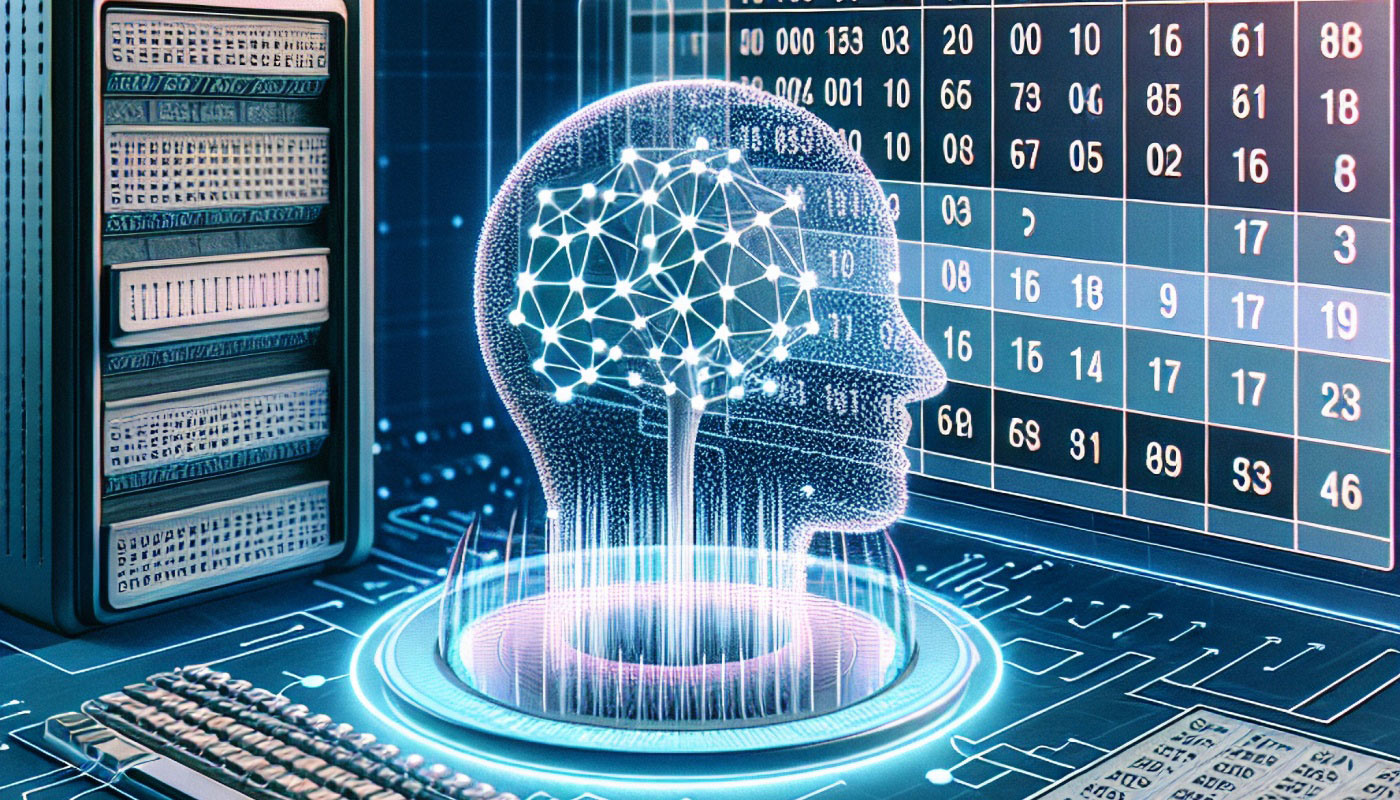







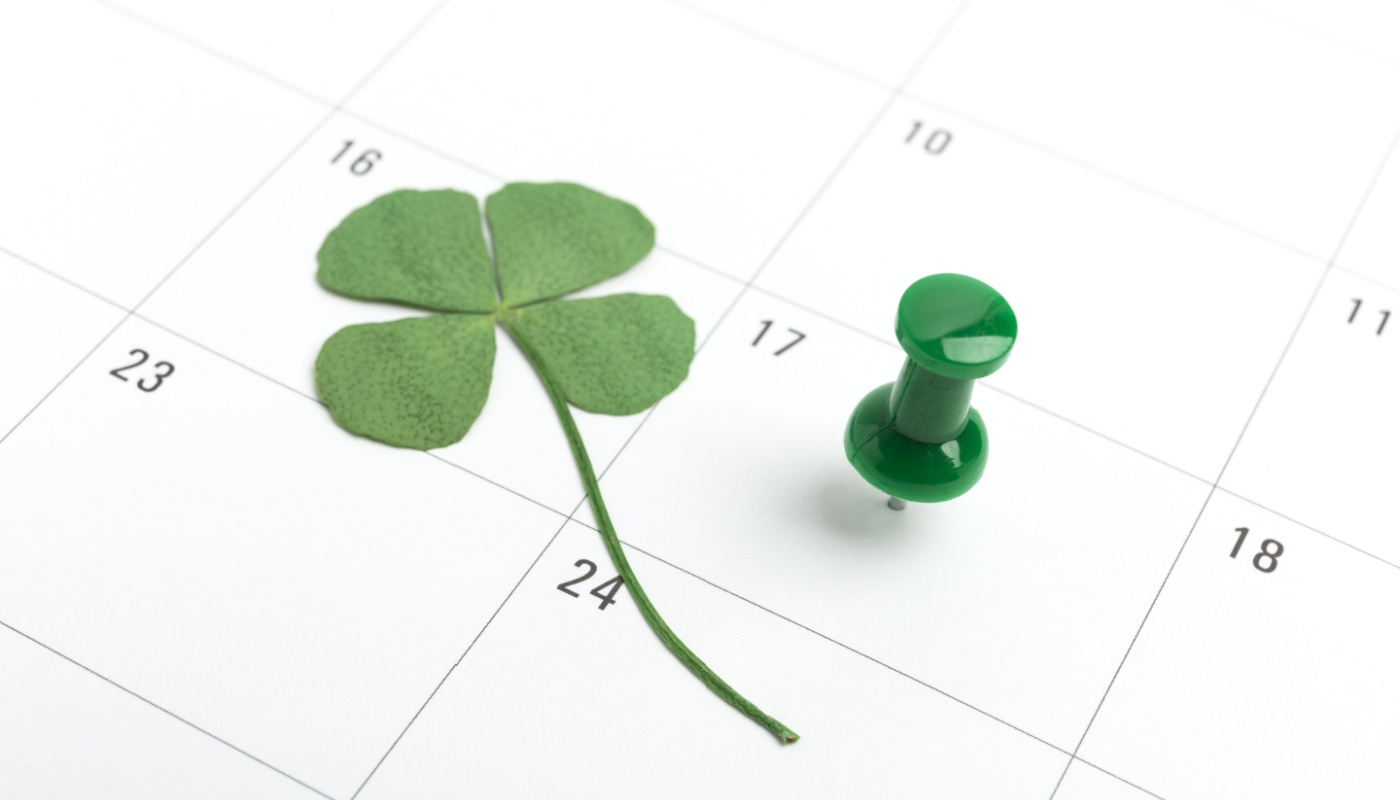
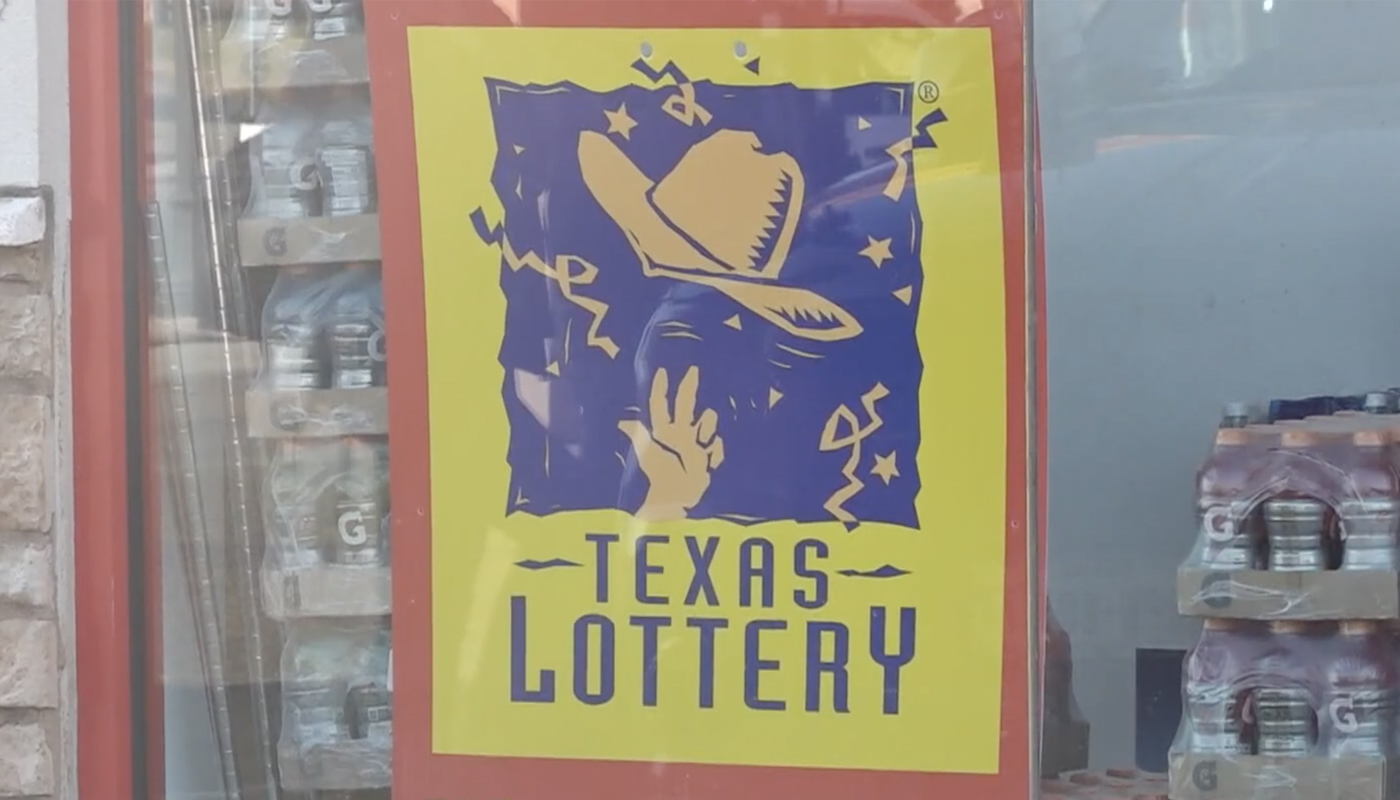

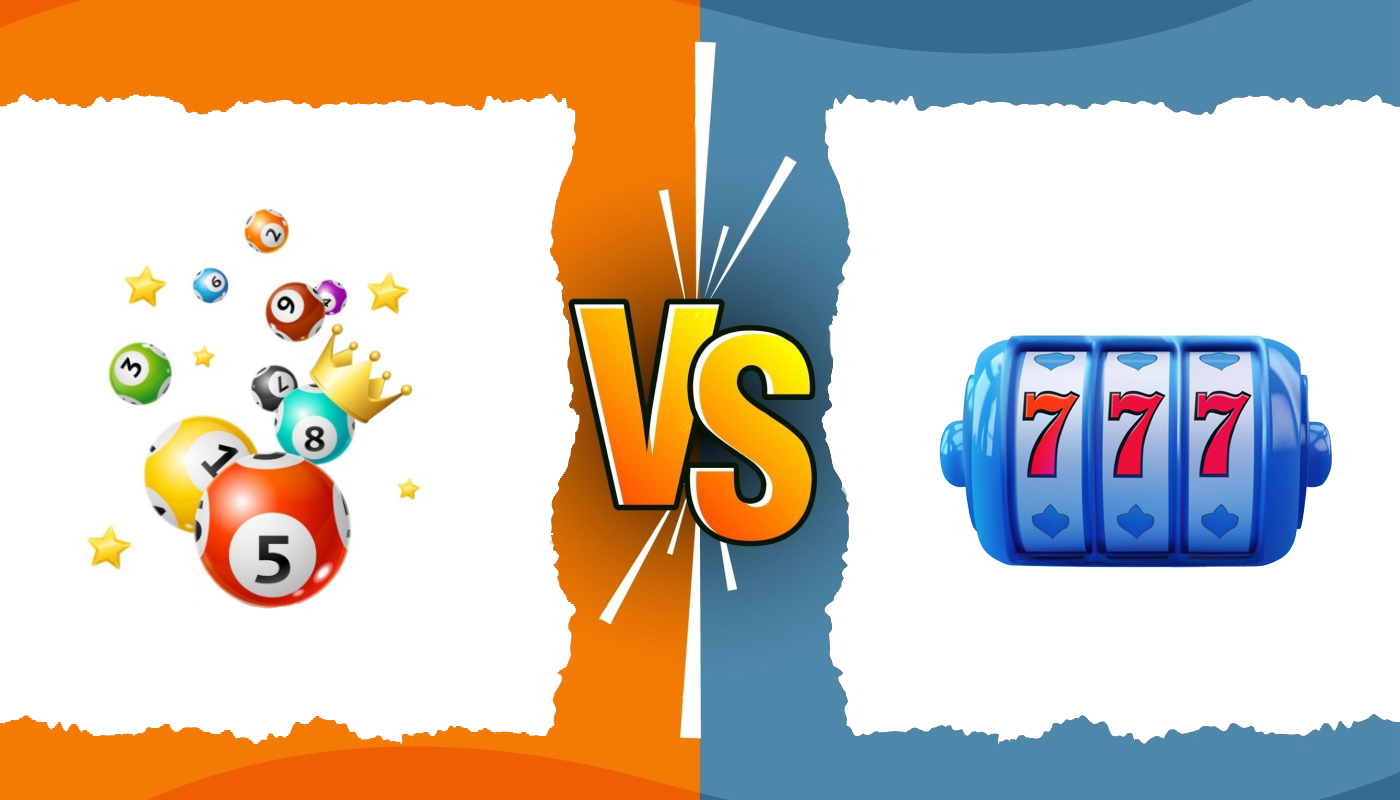

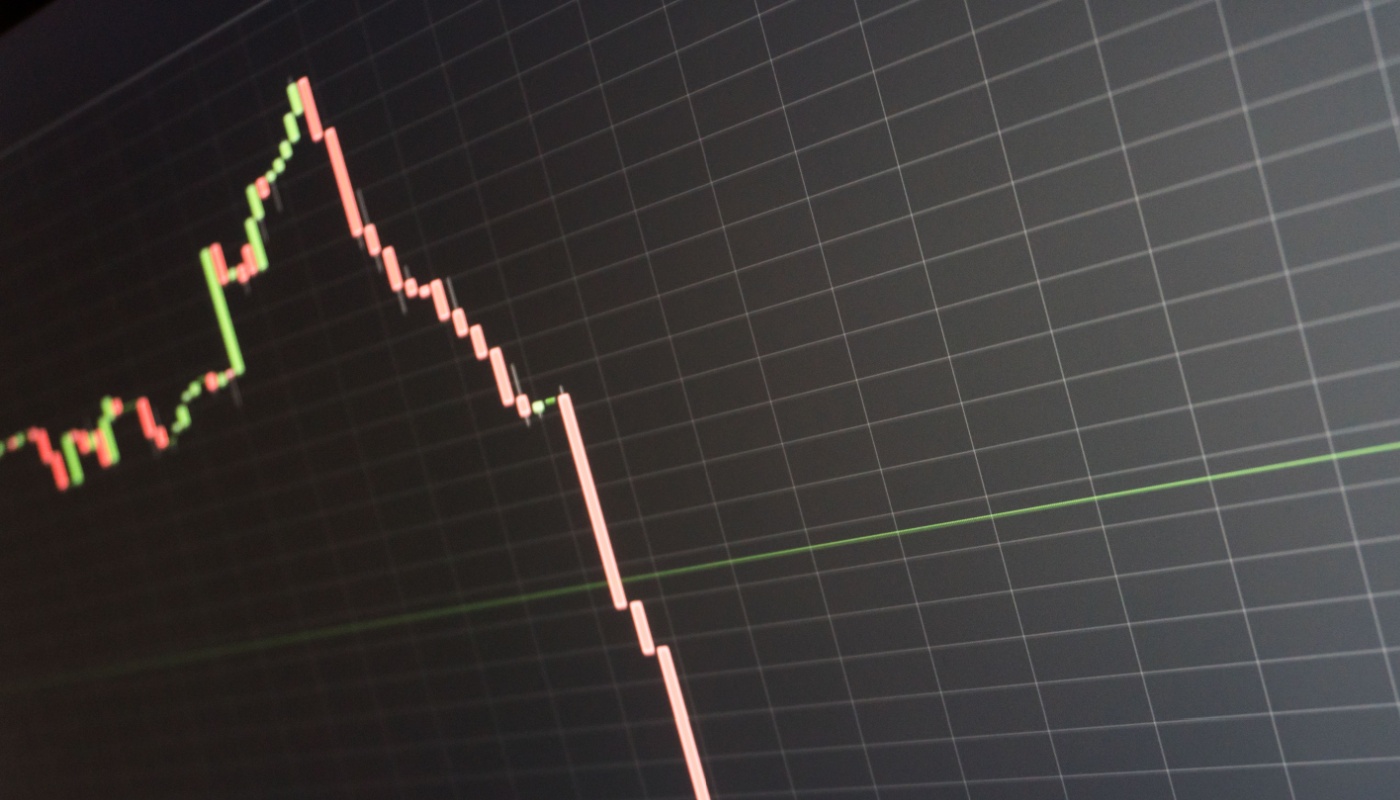








Comments